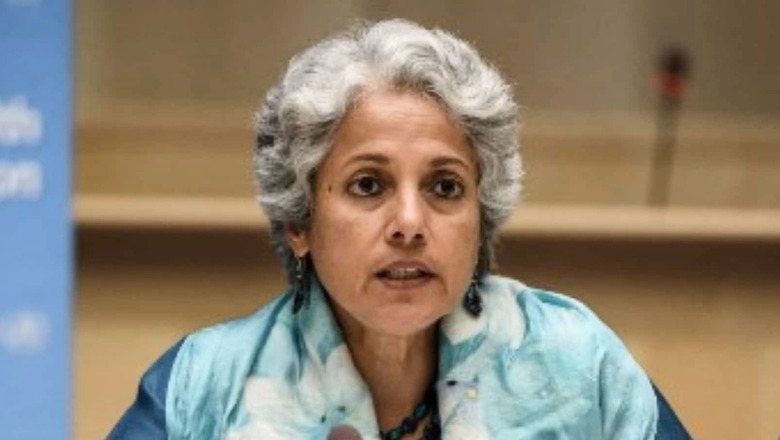
views
Countries must formulate science-based policies for curbing the spread of the virus and also find a balance so that the economy is kept open without having a devastating impact on people, said WHO chief scientist Soumya Swaminathan on Friday. However, she emphasised on night curfews not being “not science-based” and having no evidence of effectiveness.
Speaking to CNBC-TV18, the WHO chief scientist said, “We need to be cautious. We need to be prepared, but not panic. What we can expect to see in India is a surge of Omicron cases, I think it is just beginning now in some of the cities and is going to infect a lot of people”
“Countries should look at their own data: people who are dying which vaccine did they take and how long ago did they have it, which population group should be targetted. This is how we learn about the immunity. What we know now is the neutralising antibody responses do wane over a period of time, at about 6 months,” she said.
However, the T-cell immunity persists and that’s very important. “We need clinical studies and not just lab-based studies. So, what the WHO is really saying now is that our goals remain the same. We have to save the most vulnerable. Give them boosters. But at the same time, we do not have enough evidence that the entire population needs boosters. This is why the WHO is calling for a science-based approach in a way that we protect the most vulnerable but at the same time don’t deprive those who need the vaccine, the top scientist said.
In light of India’s “precautionary doses” and combining vaccines for boosters, she said that it needs to be driven by the data.
“So far that we have on this mix and match or combination have not included Corbevax. There is data on the Covavax that has been tried as a booster. Whether you take another shot of the same vaccine as booster or administer a different one, you get a good boost. What WHO said is that what vaccine you pick as the booster dose really depends on different things such as what you have used in that country, what supplies are available, what acceptable to the public, what the costs are, etc. Whatever it is, boosters give good strengthening of the immune response as the memory cells get activated. In fact, some studies have shown that it may be preferable to use a different vaccine as a booster. Given the available data, I think countries can formulate their own policy based on their immune responses and the other factors such as cold storage, affordability. But, I think India is in a good position regarding number of vaccines available at hand,” Swaminathan said.
Recommending against closure of educational institutes, she said, “Politicians need to start balancing the scientific based method to reduce the transmission and its impact on people, while at the same time keeping the economy open as people have suffered enough. Schools should be the last to be closed and first to be opened because prolonged school closure has devastating effect on children and education.”
“Entertainment venues are places where these viruses spread the most. It’s natural to bring in some restrictions there. Now, one really needs to look at the well-ventilation seriously because it is an airborne virus. When you are in a closed environment, especially in a crowded place and people arent masked, viruses spread. But things like night curfew, there is no science behind it. One has to take evidence-based measures. There is a whole list of public health measures,” she added.
Swaminathan reiterated the importance of masking and called it the most efficient tool in the fight against the pandemic.
“If 90% of the population wore a mask whole time, you would drastically reduce transmission. That we need to focus on. Keeping in mind that Covid is not the only thing affecting our lives in terms of health. There are people who are dying of non-contagious diseases like cancer because they havent been able to take care for amid the pandemic. Burden of mental health going up. We saw for the first time in many years tuberculosis deaths went up last year because detection went down. That’s why we have to ensure we have people for primary healthcare,” she said.
On Thursday, the World Health Organization chief scientist on Thursday said that despite the Omicron variant infecting both the vaccinated and the unvaccinated, it appears that the jabs are proving to be protective.
“Omicron infection numbers are high and occurring in both vaccinated and unvaccinated. But it appears that vaccines proving to be protective. The need for critical care doesn’t seem to be going up. It’s a good sign. Multiple factors account for vaccine effectiveness. One is the vaccine itself, second is biological factors like age – the older you are, the more vulnerable you are to the disease and third factor is waning of immunity,” the top scientist said.
Read all the Latest India News here












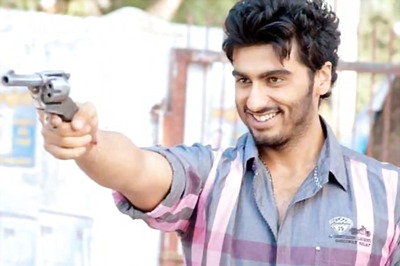
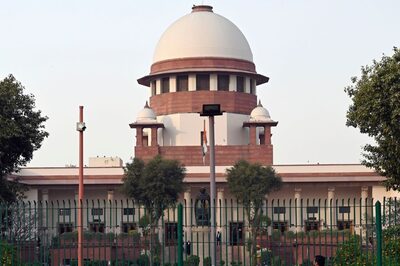
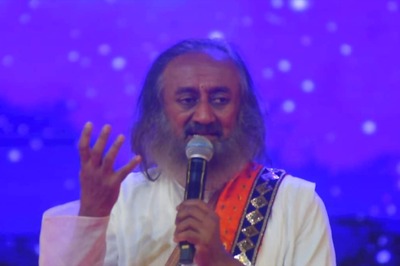


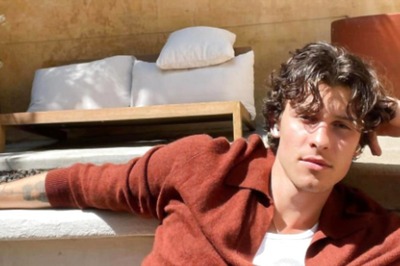
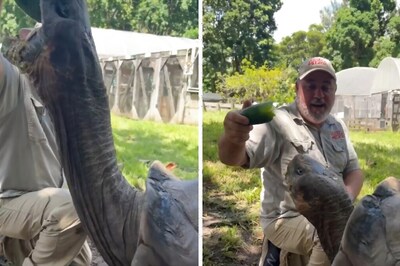
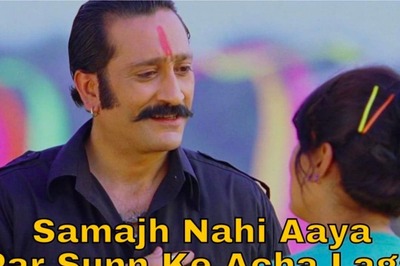
Comments
0 comment